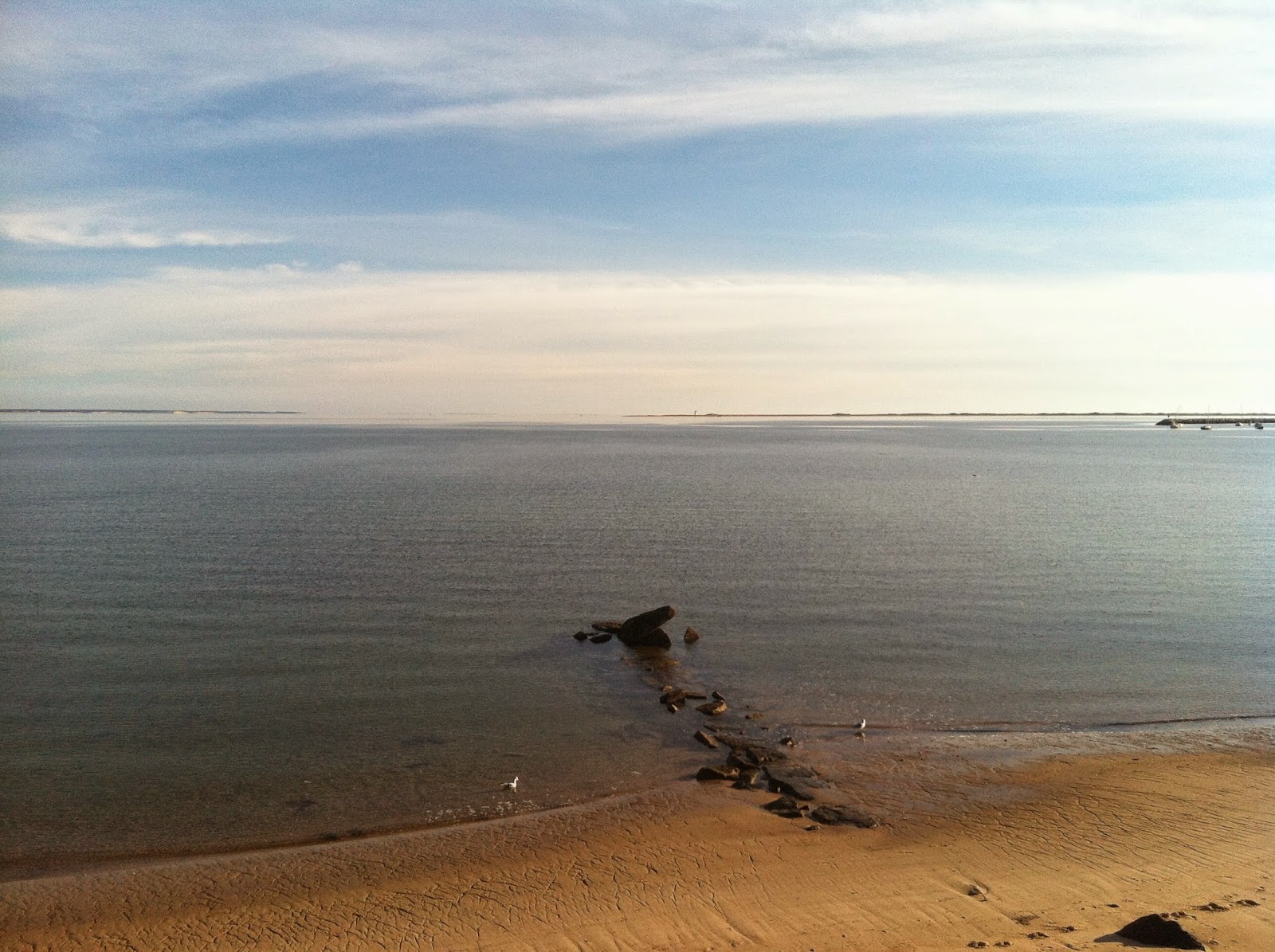You
know what it’s like when you haven’t seen someone for a really long time? Or
even, a short time, but a time that has been packed with so much experience, or
change, or growth, or life that it feels as if an entire lifetime has come and
gone? You know that feeling of wanting to reach in to that person’s soul and
open it up, and hear all the words you want to hear, but to know that you need
to go slowly, that in time they will unpack their experiences, just like they
unpacked their luggage? And you just have to trust: There is time. We will get
to it all. Do you know that feeling?
This
morning we come to the end of our travels in the gospel of John. And we find
the friends and followers of Jesus have returned home, following the astounding
and heartbreaking and terrifying and surreal events of Holy Week. That week in
which they saw Jesus soar to the peak of popularity, and crash to the depths of
humiliation and even death, and then, somehow, rise again… and it has all been
too much. They’re home now, they’ve gone back to Galilee, and they are trying
to find some normalcy by returning to their old occupations and resuming their
old habits. Do you know that feeling? Of just wanting to feel normal again?
So,
naturally, they have gone fishing.
And
into their attempt at normalcy comes Jesus, though, as when he showed up on
Easter morning, folks are having some trouble recognizing him at first.
But
once he provides them with an enormous catch of fish, followed by a nice
grilled-fish and bread breakfast on the beach… they know something’s up.
And
they want to ask him things—mostly, “Who are you?”—but they don’t. Because they
do know who he is, and it is a week or so after Jesus was crucified, died and
buried, and then, somehow, raised from the dead. And what they really want to do
is to reach into his soul and open it up, and hear all the words they want to
hear. They want Jesus to fill in the enormous gaps in their understanding, to
help them make sense of it all. They want to ask him all sorts of things. What
would you want to ask?
Were
you really dead?
What
was it like, being dead?
What
did you see?
Where
did you go?
Did
you see God?
Are
you God?
Who are you?
But
they don’t ask. Maybe they are overwhelmed by the sheer number of questions
they have for Jesus. Maybe they are afraid of Jesus. Maybe they think there’s
plenty of time for him to unpack all the stories in the days, months and years
to come. Maybe they are right about that.
But
then, as they are gathered around a charcoal fire, it is Jesus who asks a
question. He asks three questions, but really one question. “Simon, son of
John, do you love me?” It seems like a very long time ago, but do you remember the
last time Simon Peter was huddled around a charcoal fire, and one question was
lobbed at him three times, all boiling down to, “Hey, you, do you know that Jesus
guy?” And now, following a hard night of fishing, but fresh from a swim, and
having been fortified by some breakfast, it’s as if Peter is given the
opportunity to unsay the things he said, to undo the thing he did, and he
answers, “Yes, Lord, you know that I love you.”
To
which Jesus responds, “Feed my sheep.”
So
much to say. So many questions to ask. So much to catch up on, to learn, to
re-learn in the light of this new and unimaginable reality. And it can’t all
possibly be captured in even this last chapter of this extraordinary and
strange and beautiful gospel.
Try
to tell the story of your once-in-a-lifetime experience, in just a few minutes.
Try
to tell the story of life, and death, and life again.
Try
to tell the old, old, story, of Jesus and his love.
You
can, and you can’t. If all the details were written down, I suspect that the world itself could not contain the
books that would be written.
But there remains a deep longing, in Jesus’ friends, and
maybe in Jesus, too, to fill in the gaps. And the way Jesus deals with that is:
Come to breakfast. And feed my sheep.
The final gift Jesus leaves his people is the gift of the
shared meal. They step off the boat after a hard night of fishing, and he
invites them to take their fill. And in the light of their love and devotion to
him, he invites them to invite others to share a meal as well. Experience fills
in the gaps where words fail. If a picture is worth a thousand words, a tangible,
human, bodily experience is worth infinitely more.
Jesus
invites us to the meal. He invites us to come, from our days of work or play or
rest, from our nights of joy or sorrow or confusion. He invites us to bring our
questions.
Who
are you?
Am I doing the right thing?
How
do you want me to love?
How
can I be the person you want me to be?
Will
you be with me?
Jesus
Jesus
invites us to the meal. Come, he says. Come and eat.
Thanks
be to God. Amen.

No comments:
Post a Comment